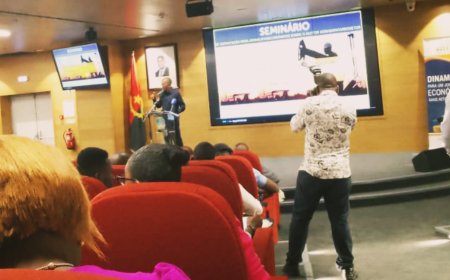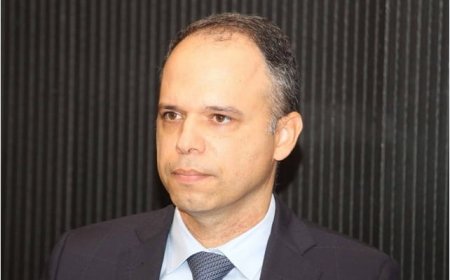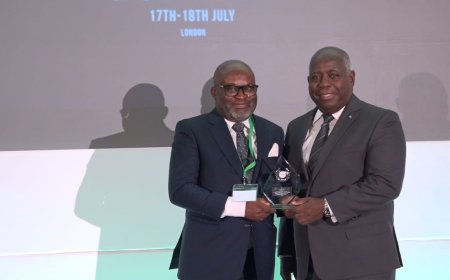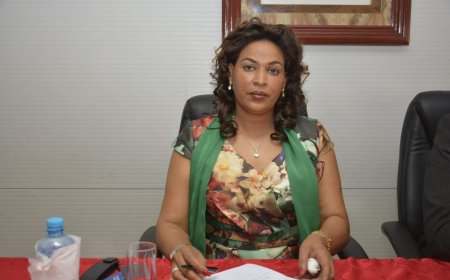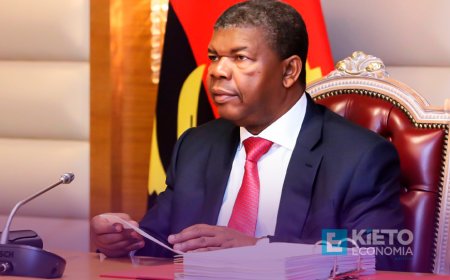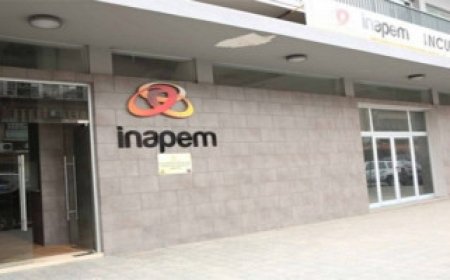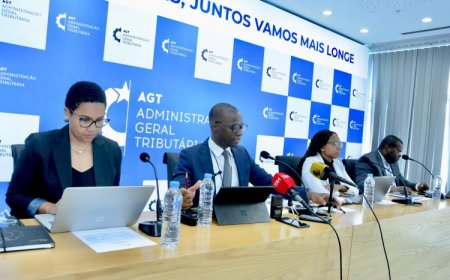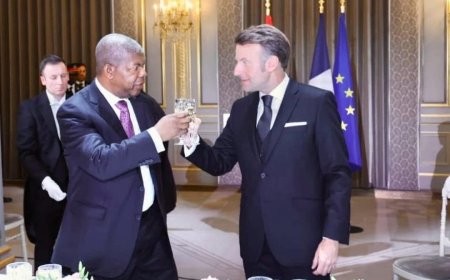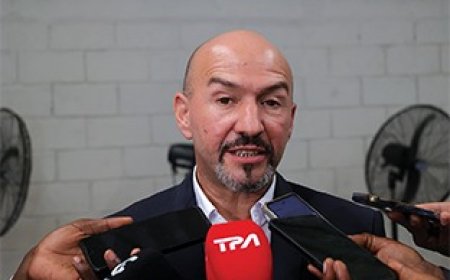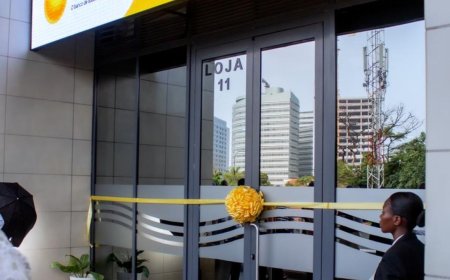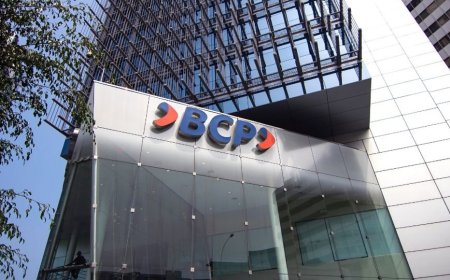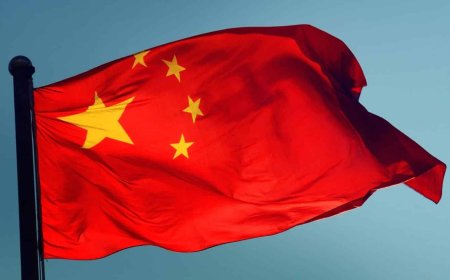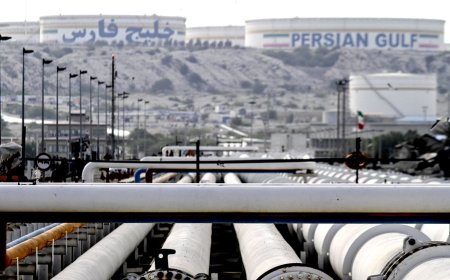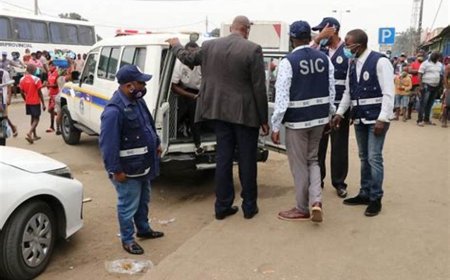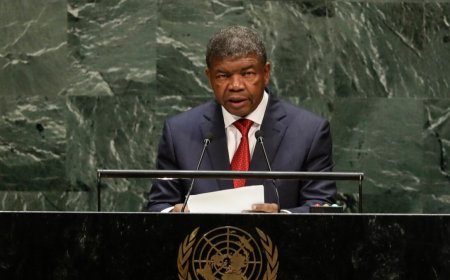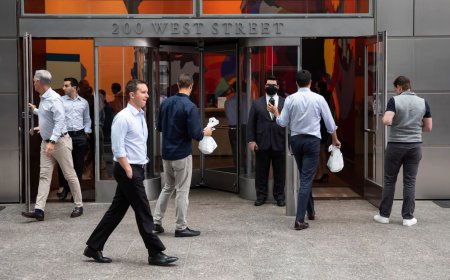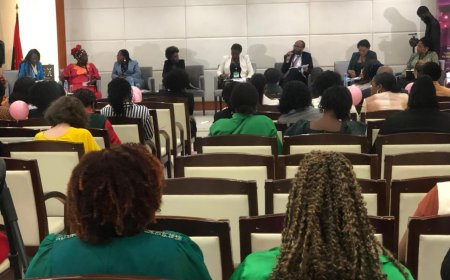BFA follows Banco Sol and is already the second national banking institution with the largest number of managers linked to the MPLA.
In clear violation of the rules against money laundering and influence peddling, the Central Bank let pass a list of the members of the BFA governing bodies full of MPLA party cadres and trusted men from the government of João Lourenço.These are the former Minister of Finance, Armando Manuel, Alcides Safeca, former Secretary of State for the Treasury, Filomenos Ceita, former manager of the state-era BCI, and the oldest manager of MPLA companies, Coutinho Nobre Miguel, who once directed Banco Sol, a subsidiary of GEFI.
Dário do Leste
Touted as the new 'bank of the MPLA', Banco de Fomento Angola (BFA) has placed several well-known faces of national politics at the head of its management. From former ministers to former secretaries of state, as well as other figures in the domestic political scene, namely the 'dinosaurs' of the largest Angolan party and
that has governed the country since it became independent from the colonial rule Portuguese.
These are the former Minister of Finance, Armando Manuel, Alcides Safeca, former Secretary of State for the Treasury, Filomenos Ceita, former manager of the BCI of the state era, and the oldest managers of MPLA companies, Coutinho Nobre Miguel, who has already directed Banco Sol, a subsidiary of GEFI, the business arm of the MPLA and pays salaries to several 'consultants' and opinion makers in the national media space.
With the entry of these figures into the governing bodies of BFA, that private bank is thus, at least in practice, under the control of trusted men of the current power. In other words, the country created another second Banco Sol, another entity that even the President of the Republic himself was once a shareholder and is believed to be represented by figures from the current shareholder structure.
Thus, and in clear violation of the rules against money laundering and influence peddling, the Central Bank of Manuel Tiago Dias let pass a list of the members of the governing bodies of BFA full of cadres of the MPLA party and men trusted by the government of João Lourenço.
At stake is the fairness and transparency of the credit processes, compliance and even the management itself. In fact, this fear comes even from those who militate with these figures within the MPLA Party and the public administration itself.
To Kieto Economia, several former managers and bankers expressed concern about the way the BNA has been conducting national banking supervision. A group of former bank owners pointed out the episodes that bankrupted the banks BANC, of the late General Kundi Paihama and Banco Kwanza Invest, of the son of the late former President of the Republic, José Eduardo dos Santos, as the right destination for the current BFA.
They also give an example of the ruinous management of Coutinho Nobre Miguel, who was linked to Banco Sol and GEFI for years. According to analysts who asked not to be named, Coutinho Miguel almost bankrupted Banco Sol. In fact, they point out as an example the fact that the BNA instructed an inspection of that institution that caught numerous irregularities in the bank's internal control.
Fears are not all. The people appointed to the governing bodies are not only from the MPLA, but are also Politically Exposed Persons (PEPs).
According to the Law on Preventing and Combating Money Laundering, politically exposed persons are national or foreign individuals who perform, or have held, prominent public functions in Angola, or in any other country or jurisdiction or in any international organization. In practice, PEPs will be those who retain any kind of influence in political terms.
High positions of a political or public nature are considered, among others, those of President of the Republic or Head of State; Vice-President of the Republic; auxiliary bodies of the President of the Republic, or members of the government, namely Ministers of State, Secretaries of State and Deputy Ministers and other equivalent positions or functions. Also included in the list are general officers of the Armed Forces and commissary officers of the security and internal order forces. (...).
BFA follows Banco Sol and is already the second national banking institution with the largest number of managers linked to the MPLA
In clear violation of the rules against money laundering and influence peddling, the Central Bank let pass a list of the members of the BFA governing bodies full of MPLA party cadres and trusted men from the government of João Lourenço.These are the former Minister of Finance, Armando Manuel, Alcides Safeca, former Secretary of State for the Treasury, Filomenos Ceita, former manager of the state-era BCI, and the oldest manager of MPLA companies, Coutinho Nobre Miguel, who once directed Banco Sol, a subsidiary of GEFI.
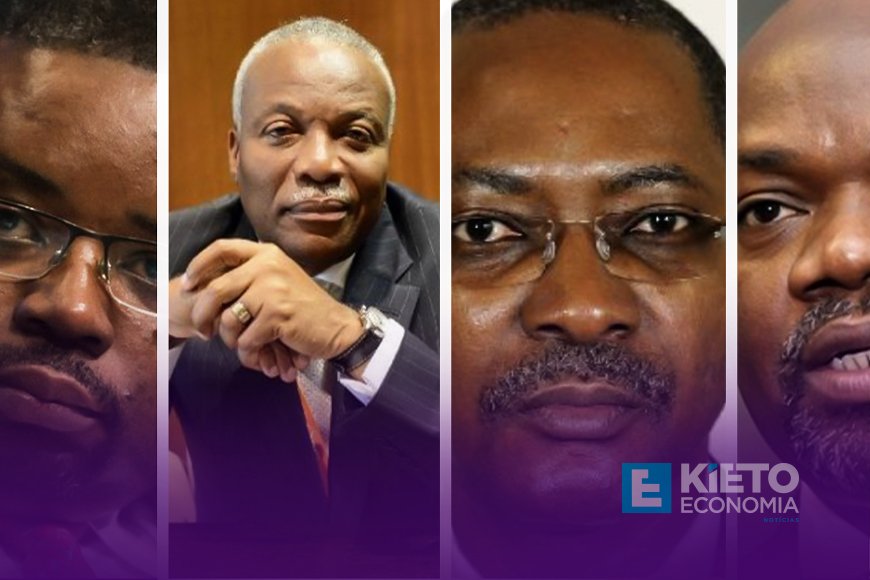
Dário do Leste
Touted as the new 'bank of the MPLA', Banco de Fomento Angola (BFA) has placed several well-known faces of national politics at the head of its management. From former ministers to former secretaries of state, as well as other figures in the domestic political scene, namely the 'dinosaurs' of the largest Angolan party and
that has governed the country since it became independent from the colonial rule Portuguese.
These are the former Minister of Finance, Armando Manuel, Alcides Safeca, former Secretary of State for the Treasury, Filomenos Ceita, former manager of the BCI of the state era, and the oldest managers of MPLA companies, Coutinho Nobre Miguel, who has already directed Banco Sol, a subsidiary of GEFI, the business arm of the MPLA and pays salaries to several 'consultants' and opinion makers in the national media space.
With the entry of these figures into the governing bodies of BFA, that private bank is thus, at least in practice, under the control of trusted men of the current power. In other words, the country created another second Banco Sol, another entity that even the President of the Republic himself was once a shareholder and is believed to be represented by figures from the current shareholder structure.
Thus, and in clear violation of the rules against money laundering and influence peddling, the Central Bank of Manuel Tiago Dias let pass a list of the members of the governing bodies of BFA full of cadres of the MPLA party and men trusted by the government of João Lourenço.
At stake is the fairness and transparency of the credit processes, compliance and even the management itself. In fact, this fear comes even from those who militate with these figures within the MPLA Party and the public administration itself.
To Kieto Economia, several former managers and bankers expressed concern about the way the BNA has been conducting national banking supervision. A group of former bank owners pointed out the episodes that bankrupted the banks BANC, of the late General Kundi Paihama and Banco Kwanza Invest, of the son of the late former President of the Republic, José Eduardo dos Santos, as the right destination for the current BFA.
They also give an example of the ruinous management of Coutinho Nobre Miguel, who was linked to Banco Sol and GEFI for years. According to analysts who asked not to be named, Coutinho Miguel almost bankrupted Banco Sol. In fact, they point out as an example the fact that the BNA instructed an inspection of that institution that caught numerous irregularities in the bank's internal control.
Fears are not all. The people appointed to the governing bodies are not only from the MPLA, but are also Politically Exposed Persons (PEPs).
According to the Law on Preventing and Combating Money Laundering, politically exposed persons are national or foreign individuals who perform, or have held, prominent public functions in Angola, or in any other country or jurisdiction or in any international organization. In practice, PEPs will be those who retain any kind of influence in political terms.
High positions of a political or public nature are considered, among others, those of President of the Republic or Head of State; Vice-President of the Republic; auxiliary bodies of the President of the Republic, or members of the government, namely Ministers of State, Secretaries of State and Deputy Ministers and other equivalent positions or functions. Also included in the list are general officers of the Armed Forces and commissary officers of the security and internal order forces. (...).
What's Your Reaction?







